These days, covering every corner of the country is not only the bright red "shirt" of the flag but also patriotism and national pride that is being fostered as strongly as in the historic autumn days of 1945.
War films, revolutionary music break records
People tell old stories that have become legends/And write songs to be sung forever…, when the first melodies of the theme song Pain in Peace resounded in the ending of the movie Red Rain (showing in theaters on the occasion of National Day 2.9), the whole theater applauded. Among them were sobs after 124 minutes of trying to hold back emotions inside sobs when witnessing the painful, bloody images at Quang Tri Citadel during 81 days and nights of steadfast fighting by thousands of soldiers in their twenties. The last screening was at 11:30 p.m. but the theater only had a few empty seats. No one stood up when the last scenes ended at more than 2 o'clock.
The whole country is eagerly awaiting the historic parade to celebrate the 80th anniversary of the August Revolution and National Day, September 2.
Photo: Dinh Huy
"It took me a while to get over my emotions when the movie ended. After leaving the theater, my throat was still choked with emotion. I was really impressed with the scene where Quang and Cuong, two soldiers on two fronts, fell but still held tightly onto the scarf, forming the S shape of the country. It was a haunting cinematic moment. The scarf was folded into an S shape - the shape of the country, reminiscent of the 17th parallel of a time of division. It shows that war can divide two regions, but Vietnam is forever one. The country has never been separated in the flesh and blood of the Vietnamese people", To Chu (29 years old, Cau Kieu Ward, Ho Chi Minh City) emotionally shared his feelings after watching Red Rain.
For Nguyen Thao Vy (22 years old, student, Binh Thanh Ward, Ho Chi Minh City), the film made her look at war from a different perspective: "I cried when I saw soldiers who were very young, the same age as us now, having to go to the battlefield. They talked about death as light as smoke, because for them, life was nothing compared to the mission of protecting the Citadel, protecting the Fatherland. I feel extremely lucky to be living in peace today."
Patriotism and national pride are being strongly fostered in the young generation of Vietnam.
PHOTO: Hong Nam
Meanwhile, Mr. Nguyen Van Phuc (65 years old, veteran, Go Vap Ward, Ho Chi Minh City) was speechless: "The film reminds me of my comrades, of my youth who sacrificed. But what touched me most was that the theater was packed with young audiences. They came to history, and knew how to appreciate what their fathers and brothers sacrificed to have today."
As Mr. Phuc commented, most of the people who came to see the movie Red Rain were young people, including groups of students who were only in middle school and high school. Instead of looking for foreign entertainment "blockbusters", Vietnamese audiences from old to young came together to explode with emotions with a movie about revolutionary war, which is still a picky audience in the film market. Not only did it help Red Rain continuously set revenue records, reaching the 200 billion VND mark after less than a week of showing, everyone is also cheering each other on to make the movie become the highest-grossing work in the history of Vietnamese cinema.
Parades like today's and the recent April 30th anniversary are not only commemorative events, but also vivid evidence of the country's changes and the aspirations of the Vietnamese people.
Veteran Phan Thanh Hoa (75 years old, Yen Nghia Ward, Hanoi )
Along with the film's effect, the MV of the theme song "Pain in the Middle of Peace" performed by singer Hoa Minzy, recreating a scene in the rear of the soldiers who left to protect the ancient citadel of Quang Tri, also quickly reached the Top 1 globally on YouTube, becoming a Vietnamese music phenomenon that took the world by storm just a few days after its release. Many young people are setting this song to "repeat 1" mode in their daily playlist, replacing many "hit" songs on the market.
Previously, the film Tunnels: Sun in the Dark was released on April 30 to celebrate the 50th anniversary of the country's reunification, recreating the emotional and proud period of the people's war in the Cu Chi battlefield (HCMC) and also unexpectedly created a box office fever among a series of foreign blockbusters that were dominating the airwaves at the same time.
Patriotism spreads in every breath of life
While the cinema was bursting with emotions with Red Rain , on the streets, every corner, street, and shop was brightly colored with the red flag with yellow star. From the airport, bustling flights ran at full capacity bringing "patriotic masses" from all over the country to the capital Hanoi to attend the grand ceremony.
On some special flights of Vietnam Airlines, the entire cabin is bright red as the flight attendants and passengers all wear scarves of the red flag with a yellow star. On the runway, the melody of The Road We Take resounds as the plane taxis, like a thread connecting the souls, arousing the pride and solidarity of hundreds of people. In just a few hours, those patriotic souls will be in Hanoi, joining in the jubilant, excited atmosphere of tens of thousands of people gathered to watch the rehearsal of the parade to celebrate the 80th anniversary of National Day, September 2 (August 30).
People from all over the country come to the capital to celebrate National Day September 2nd
PHOTO: Tuan Minh
In the middle of the capital's central streets, tens of thousands of people, including many young people, had lined up since the night before, staying up all night waiting for the moment the troops arrived. Everyone's face was radiant with joy. They held a "street concert" singing classic patriotic songs: National Anthem, Holding Hands Together, Like Uncle Ho in the Great Victory Day ... Then, in the solemn atmosphere, as each rumbling step of the troops passed by, some people were so moved that they could not hold back their tears.
Having directly participated in the resistance war against the US in the 1970s, veteran Phan Thanh Hoa (75 years old, Yen Nghia Ward, Hanoi) and his family of more than a dozen people were present at Ba Dinh Square the previous afternoon to welcome the parade. When seeing police officers, soldiers, and young volunteers helping people find seats, drinks, cakes, and milk, Mr. Hoa expressed his deep emotion and warmth. "In wartime as well as in peacetime, the army and the people are still like fish and water. National unity is always the highest spirit of the Vietnamese people. Soldiers like us understand more than anyone the value of peace today and are extremely proud to witness the country developing more and more; the army and police forces are increasingly standardized and modern. Parades like today and the recent April 30 anniversary are not only commemorative events, but also vivid evidence of the country's changes, of the Vietnamese people's aspirations to rise up", said Mr. Phan Thanh Hoa, believing that today's majestic images will be deeply engraved in memory, becoming a motivation for the younger generation to be more patriotic, more attached and responsible to the Fatherland.
Associate Professor, Dr. Nguyen Thi Van Hanh, senior lecturer at the University of Social Sciences and Humanities, Ho Chi Minh City National University, commented: We are witnessing a very special wave of community cohesion. The fact that from the elderly to the young, from urban to rural areas, or even Vietnamese people far from home, all turn to the great national holidays shows that patriotism is a thread connecting all generations. This is the resonance of collective memories of glorious history, combined with the need to find identity in the context of globalization. At the same time, common events and symbols such as National Day, military parades, or songs and films about the Fatherland are the anchors that help each individual affirm themselves as members of a national community. "As society integrates more and more deeply, young people need those cultural anchors to identify who they are, where they belong, and from there connect with history and the previous generation," Associate Professor, Dr. Nguyen Thi Van Hanh said.
According to this expert, patriotism and national pride are always present in everyone, but there are three main factors that have aroused these emotions so strongly today. First, it is the strong presence of historical memories in current life. Important celebrations, symbolic events such as grand ceremonies, parades, etc. help the young generation not only "listen to stories" but also experience them directly, thereby turning history into vivid emotions, instead of dry pages of books.
Second, the spread of media and popular culture plays a very important role. If in the past, war-themed movies and music were often restricted to audiences, now they are renewed with a more familiar artistic language and more modern technology. This makes patriotism not limited to formal ceremonies, but permeate the daily lives of young people.
The third factor is the desire to assert oneself in the integration period. When exposed to the world and witnessing competition between countries, young people become more aware of their national identity. It is this pride that arouses the responsibility to commit and contribute, because they understand that the future of Vietnam is directly linked to the choices and efforts of today's generation.
"Soft power" makes the country develop strongly
Associate Professor, Dr. Bui Hoai Son, Standing Member of the National Assembly's Committee on Culture and Education, acknowledged: What is really awakening patriotism in people today, especially the youth, comes not only from the heroic memories of history but also from the context of the country entering a new era - the era of strong aspirations. 80 years after gaining independence, we are witnessing unprecedented changes: The country has been neatly rearranged, the administrative apparatus has been streamlined, and the two-level local government model has officially come into operation. These reforms are not simply management techniques, but also an affirmation of a development vision: The country is smaller in terms of administrative boundaries but stronger and more effective in organization and operation.
In particular, the four pillars of the Politburo’s Resolutions are the institutional foundation for that development. Each resolution not only opens up opportunities, but also calls for the responsibility of each citizen in turning national aspirations into reality. For young people, these resolutions evoke a very new model of patriotism: Patriotism means engaging in science and innovation, expanding the vision of international integration, building a spirit of respect for the rule of law, and starting a business, contributing to the prosperity of the country.
"In that context, patriotism is no longer a distant concept, but is present specifically in every policy, every project, every major decision to open the door to the future. People, especially the youth, clearly feel the flesh-and-blood connection between the fate of the Fatherland and their own lives: from the highways connecting regions, the bridges spanning large rivers, to the increasingly clear presence of Vietnam in international forums. They realize that the country is truly transforming to enter a new era, where patriotism is not only expressed through feelings, but also through the responsibility to accompany and join hands in creation," Associate Professor, Dr. Bui Hoai Son pointed out.
According to Associate Professor, Dr. Bui Hoai Son, in the past, patriotism meant taking up arms and going to war, "cutting through Truong Son to save the country"; but today, patriotism appears in the effort to study, start a business, do scientific research, or participate in community activities. That difference has great significance. It proves that patriotism never disappears, but always changes to suit the historical context. In the context of Vietnam entering a new stage of development with many great goals, patriotism can and must become a special form of "soft power" to move the nation forward.
Patriotism is now the aspiration to accompany the nation.
in the process of innovation and creation
If in the past, patriotism was often associated with difficult times, struggles for independence, unification and protection of the Fatherland - where the national spirit flared up strongly against foreign invaders - today, patriotism is expressed in the context of peace, development and integration. It is no longer just a sacrifice of blood and bones to protect the country, but has become an aspiration to accompany the nation in the process of construction and innovation.
Associate Professor, Dr. Bui Hoai Son , Standing Member of the National Assembly's Committee on Culture and Education
Sharing the same view, Associate Professor, Dr. Nguyen Thi Van Hanh said that Vietnam is entering a new era - an era in which we are not only talking about post-war survival, but also about rising up and positioning ourselves on the world map. In that context, patriotism is the "soft power" that can inspire, create trust, create internal solidarity, help people be willing to share difficulties, and unite in the face of challenges, from natural disasters to economic crises. Patriotism encourages creativity and dedication, and each young person will realize that personal efforts are the way to express love for the Fatherland. That spirit spreads outward as a cultural message: A resilient nation, rich in identity, capable of turning history and tradition into resources for sustainable development. In other words, patriotism today is not only a sentiment, but also a strategic asset, the foundation for Vietnam to enter a new stage of development with confidence and integration.
Thanhnien.vn
Source: https://thanhnien.vn/to-quoc-trong-tim-ta-185250830210352076.htm



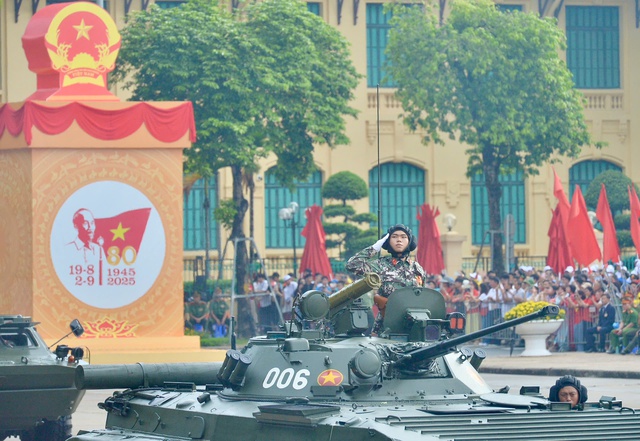
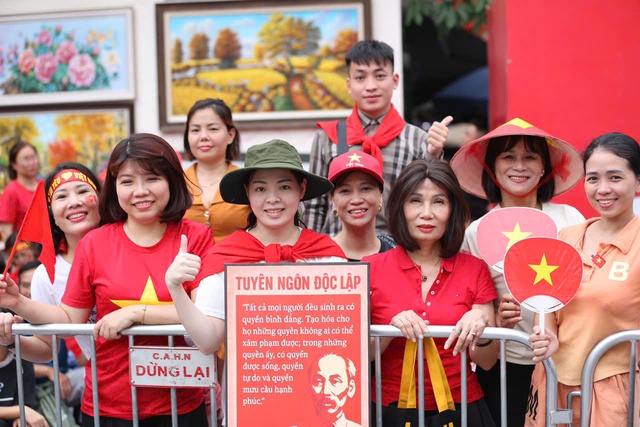
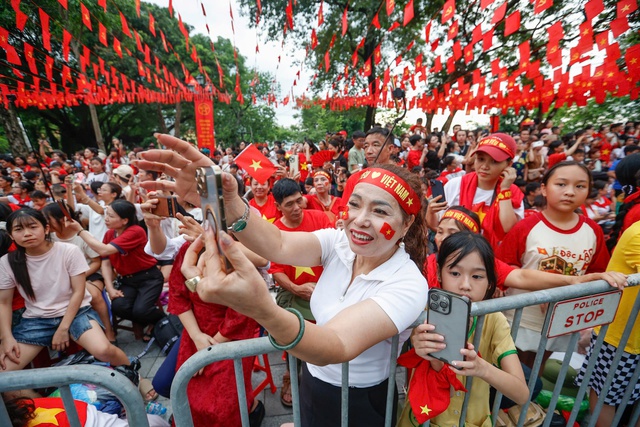
![[Photo] Celebration of the 65th Anniversary of the Establishment of Diplomatic Relations between Vietnam and Cuba](https://vphoto.vietnam.vn/thumb/1200x675/vietnam/resource/IMAGE/2025/9/1/0ed159f3f19344e497ab652956b15cca)
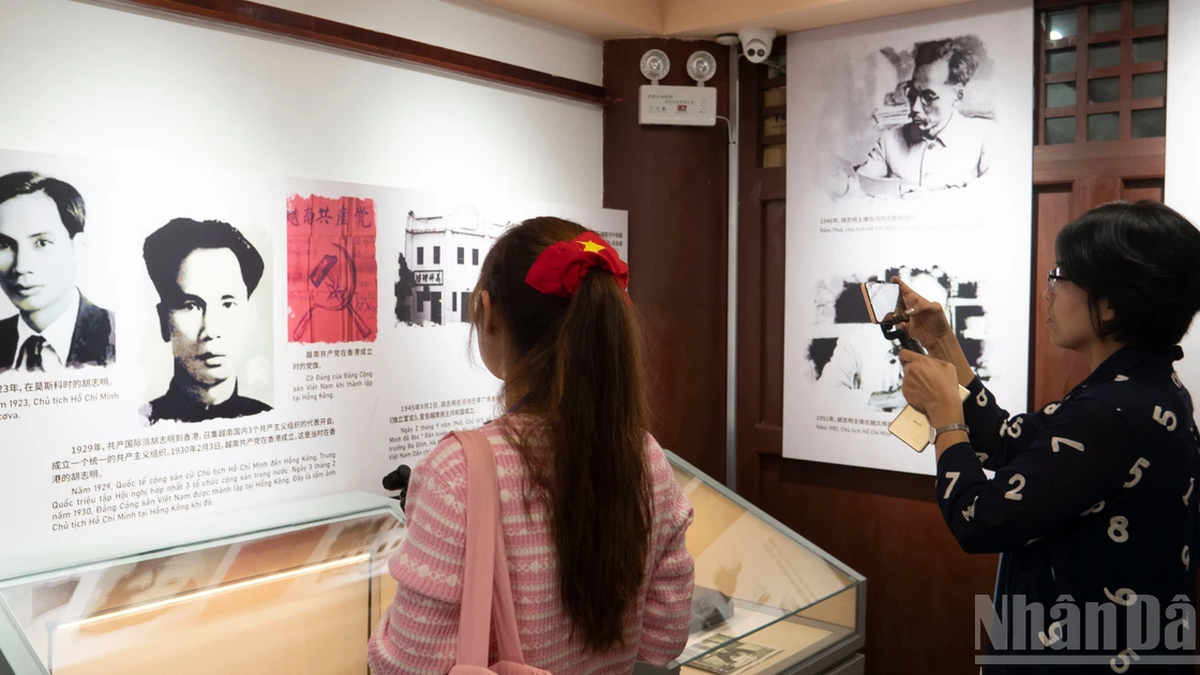
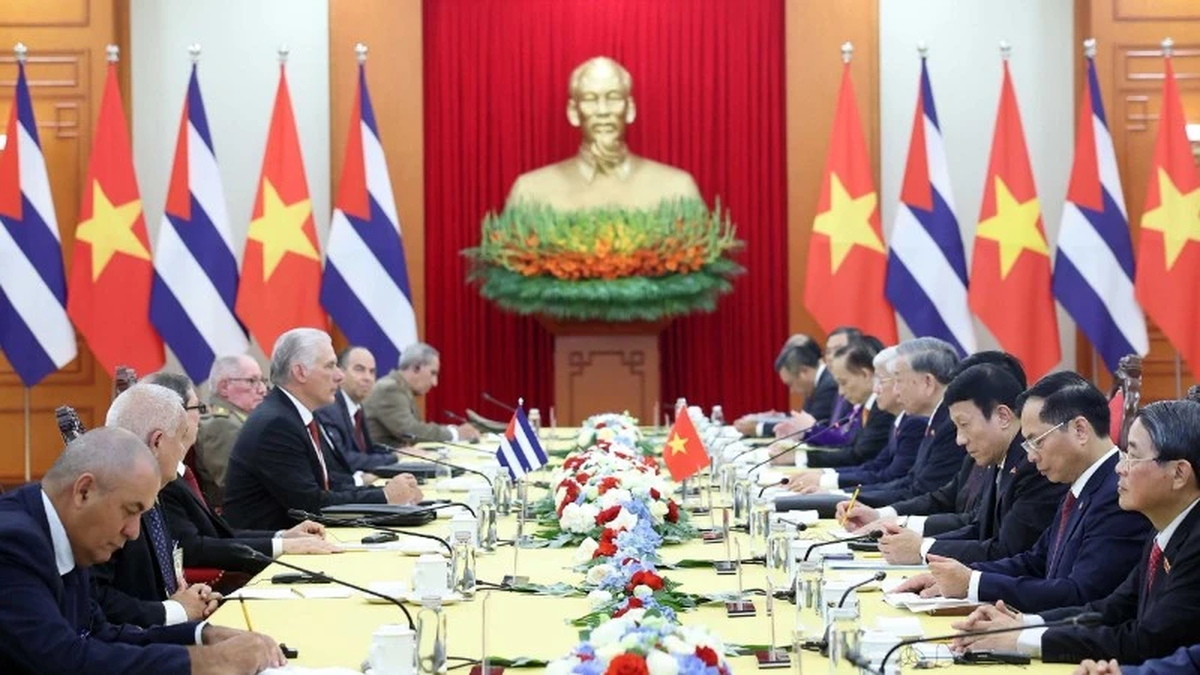
![[Photo] General Secretary receives heads of political party delegations from countries attending the 80th anniversary of our country's National Day](https://vphoto.vietnam.vn/thumb/1200x675/vietnam/resource/IMAGE/2025/9/1/ad0cb56026294afcae85480562c2e790)
![[Photo] National Assembly Chairman Tran Thanh Man receives Cambodian Senate President Hun Sen](https://vphoto.vietnam.vn/thumb/1200x675/vietnam/resource/IMAGE/2025/9/1/7a90c9b1c1484321bbb0fadceef6559b)
![[Photo] Ho Chi Minh City is filled with flags and flowers on the eve of National Day September 2](https://vphoto.vietnam.vn/thumb/1200x675/vietnam/resource/IMAGE/2025/9/1/f493a66401844d4c90919b65741ec639)
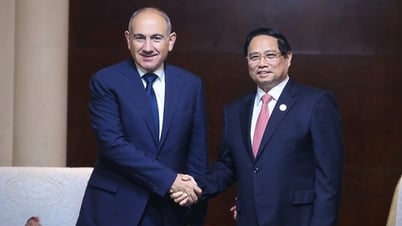

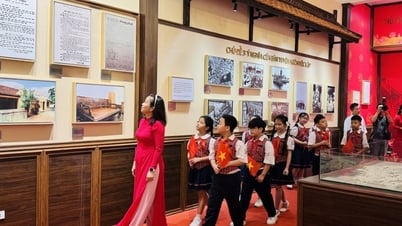

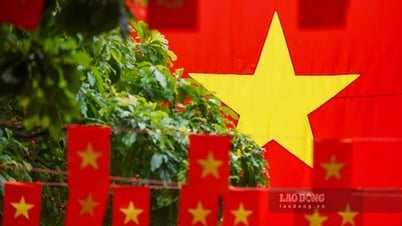

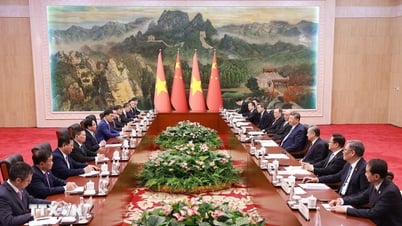

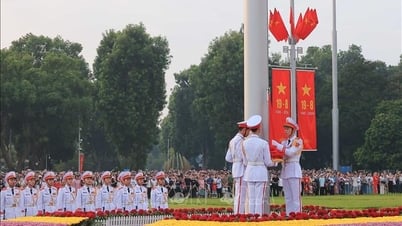

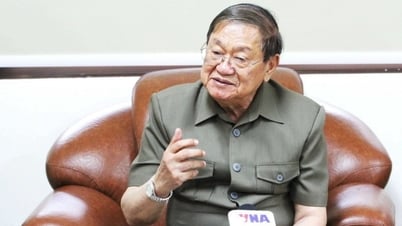





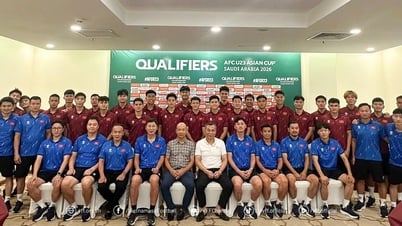
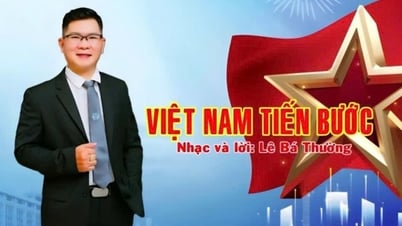

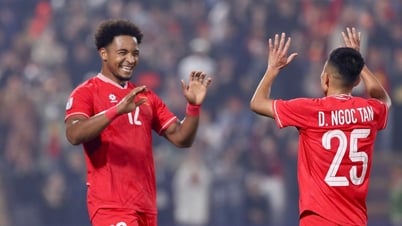
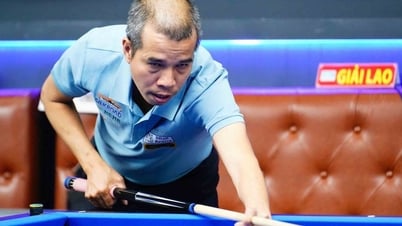
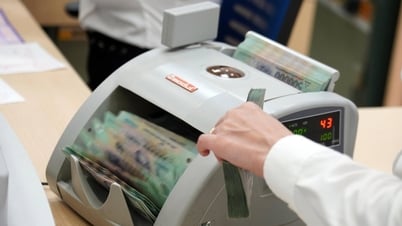
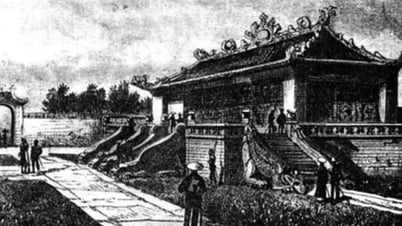
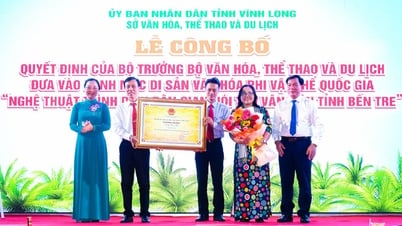
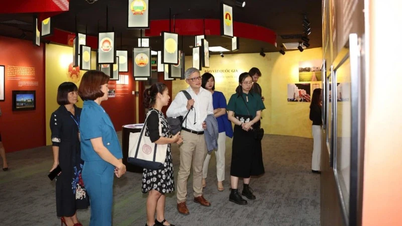
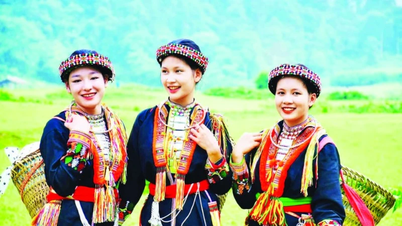






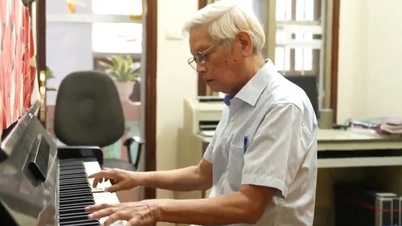
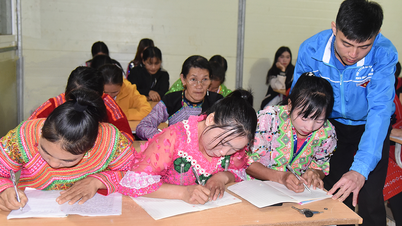

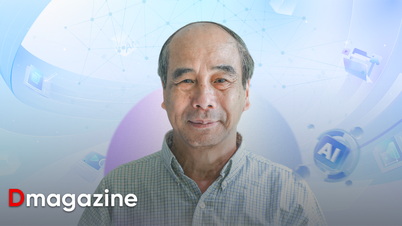

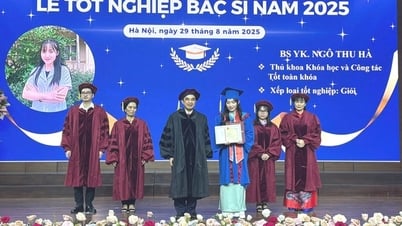






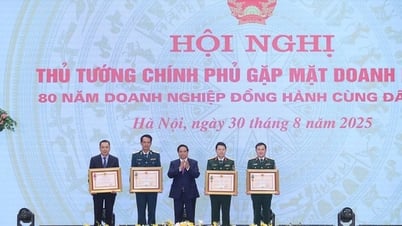
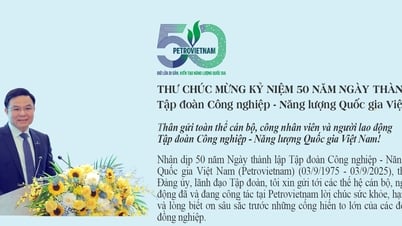

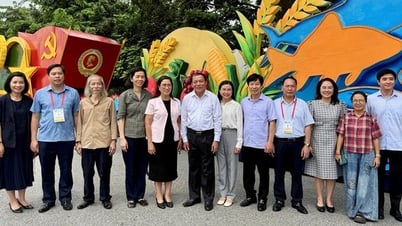

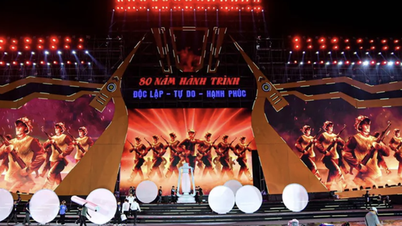
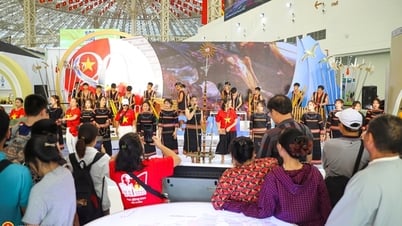
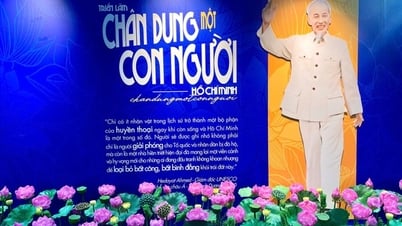
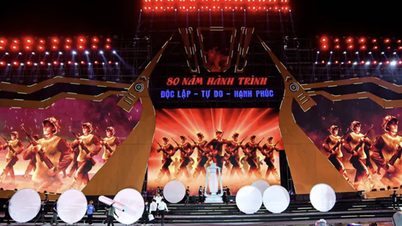


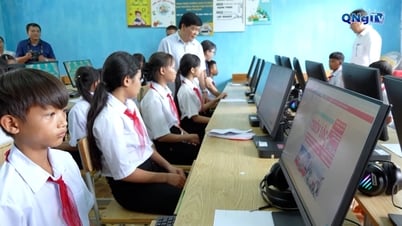





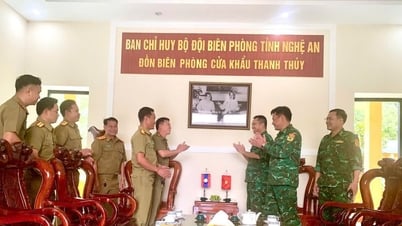



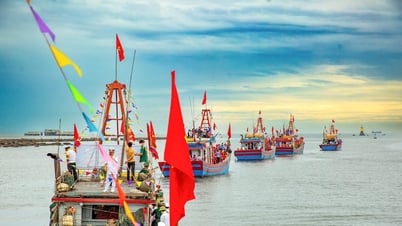
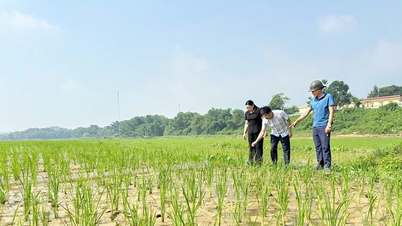

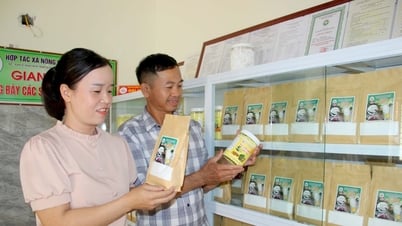
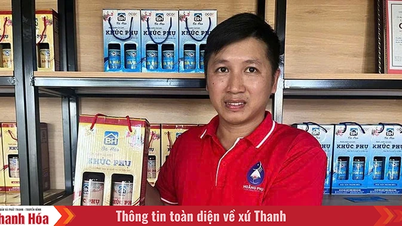



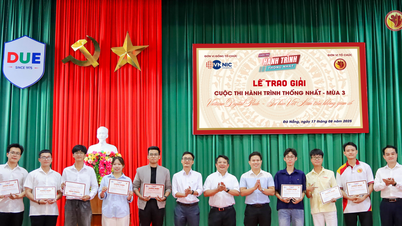






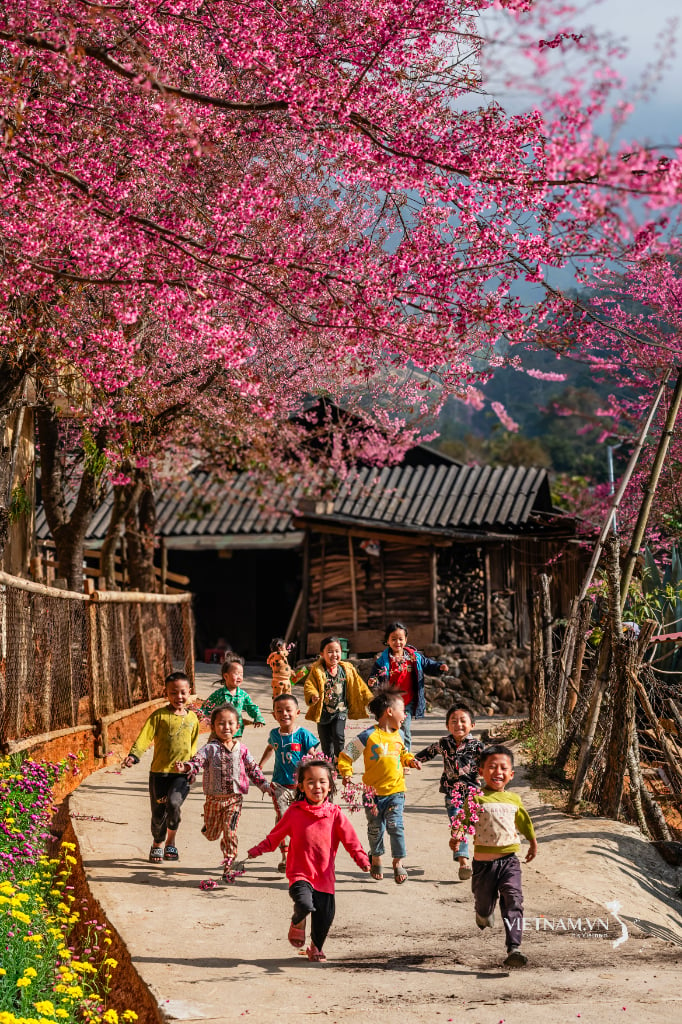
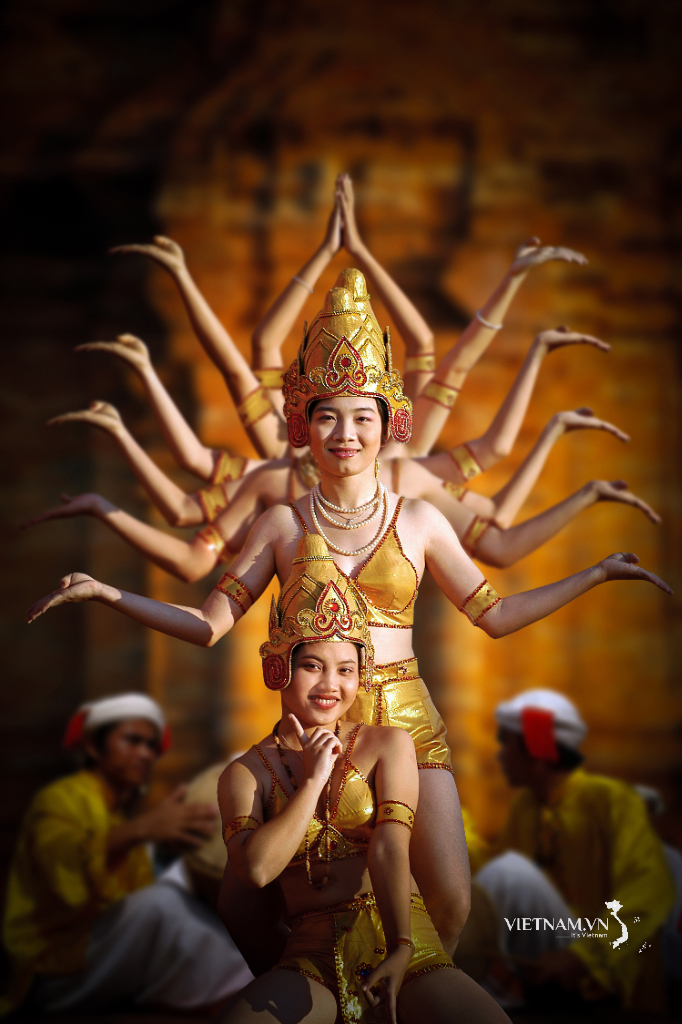
Comment (0)